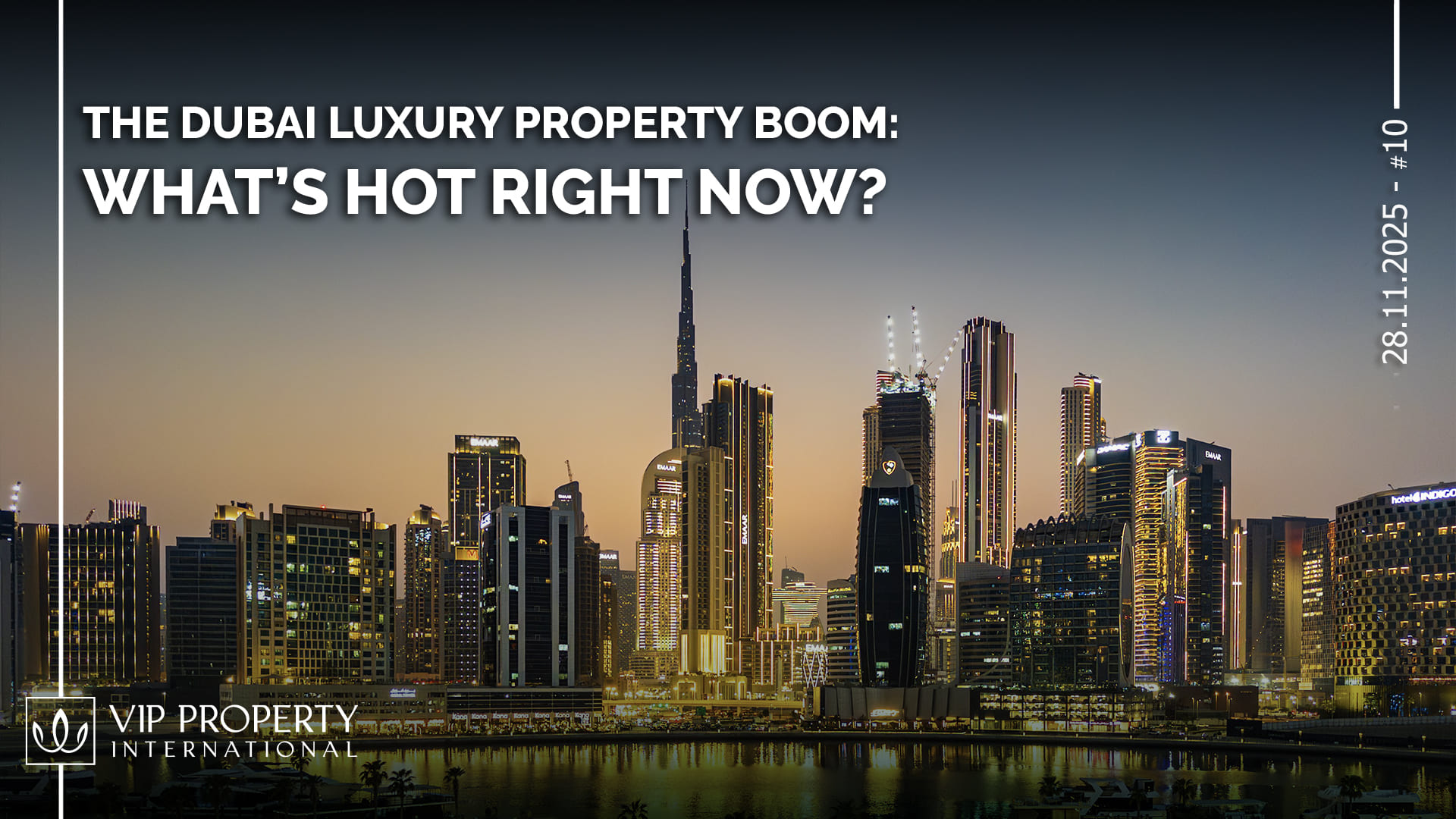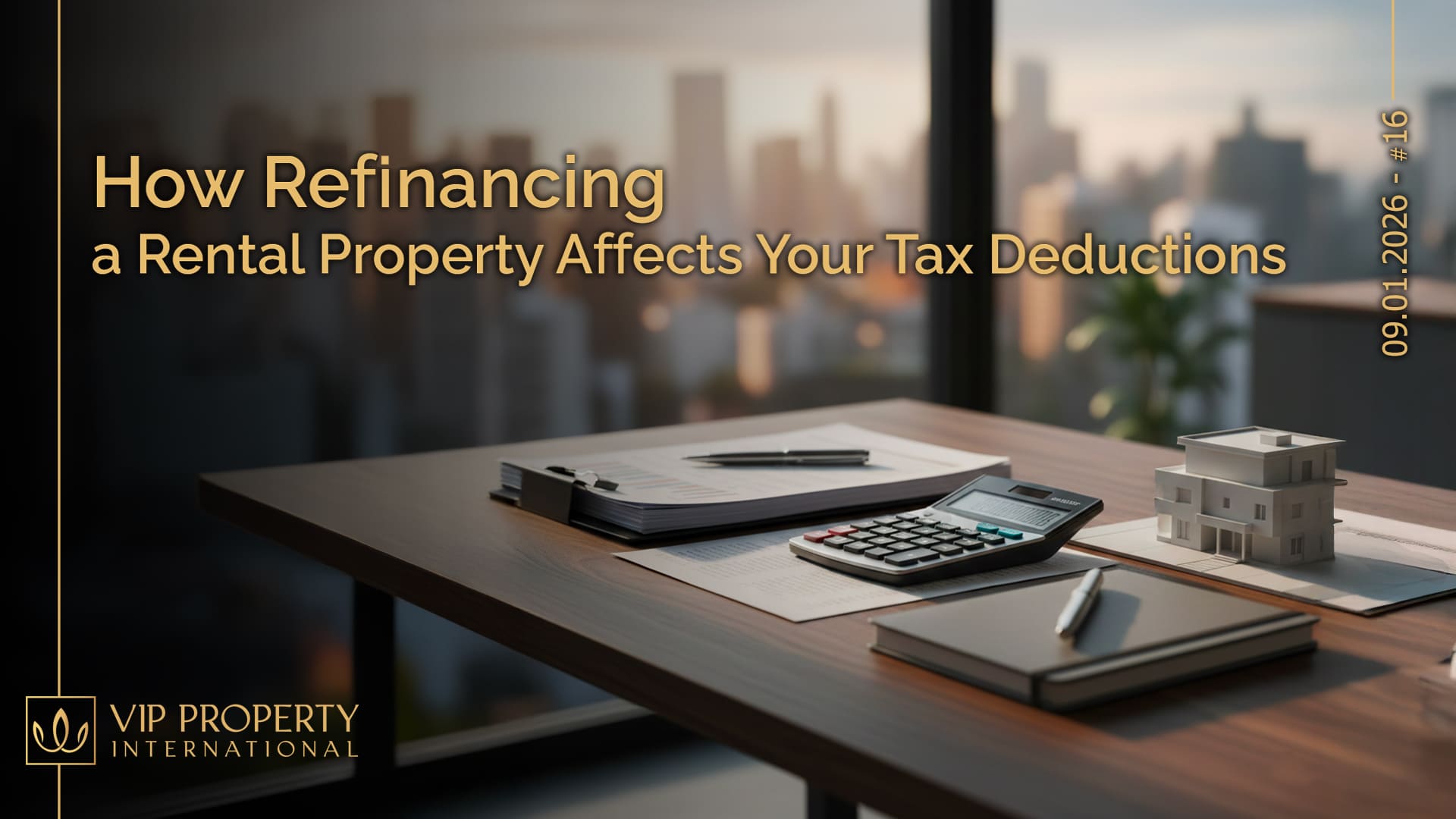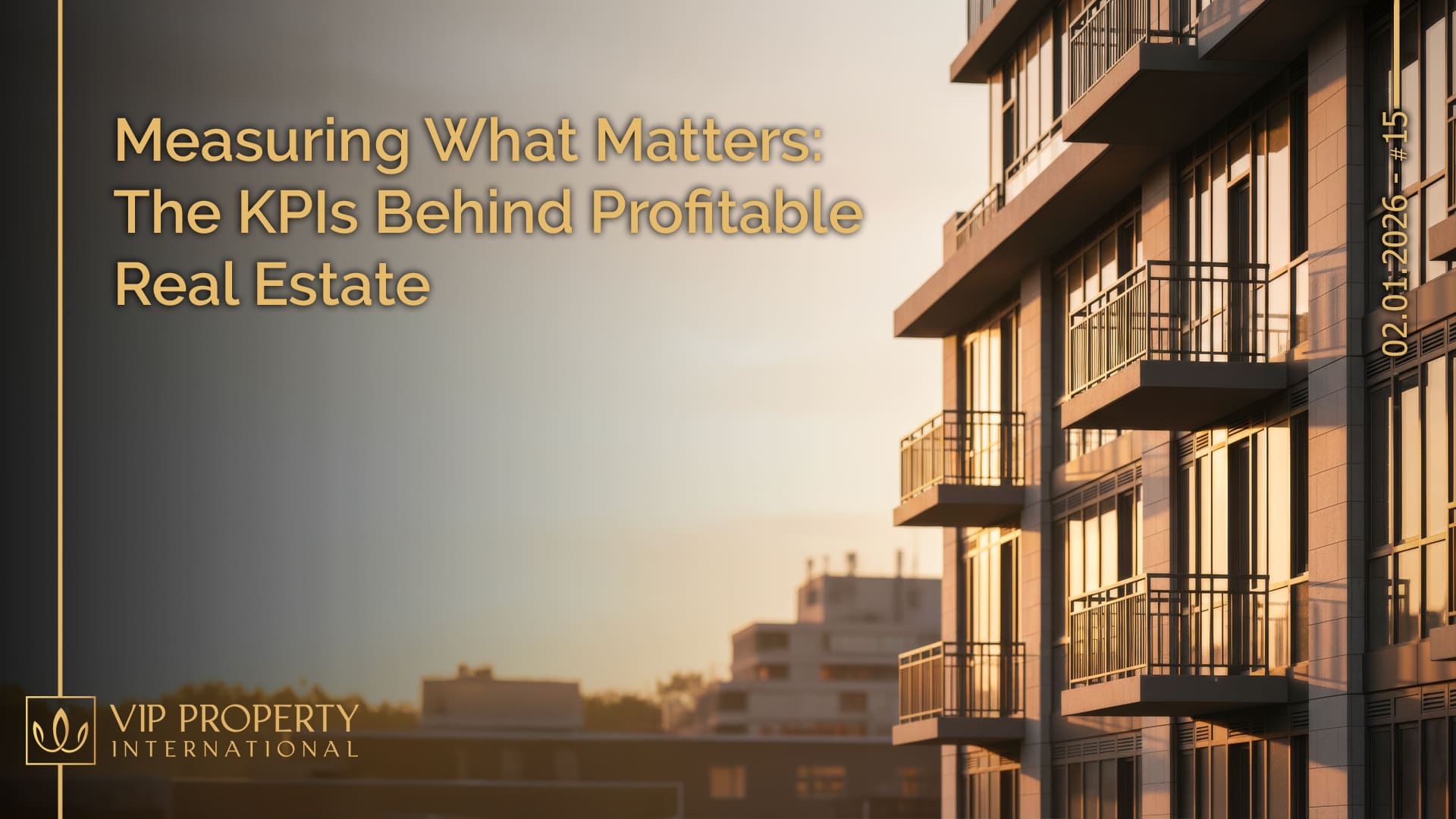Dubai’s luxury real estate is thriving in 2025, attracting HNWIs and lifestyle-focused investors worldwide. Here’s what’s happening:
Trends:
-
Price Growth: Luxury homes rising 5–8% annually; ultra-prime villas see even higher gains.
-
Smart & Sustainable: Green-certified, energy-efficient, smart-home properties are becoming standard.
-
Branded Residences & Amenities: Concierge services, private spas, pools, and tech-driven luxury are in demand.
-
Off-Plan Popularity: 63% of luxury sales in 2024 were off-plan, offering flexible payments and appreciation potential.
-
Prime Locations Matter: Waterfront villas, iconic towers, and master-planned communities remain top choices.
Palm Jumeirah | Downtown Dubai | Dubai Hills Estate & Emirates Hills | Dubai Marina & Business Bay | Emerging zones: Dubai Creek Harbour, Meydan
Why Now:
-
Strong global demand and high rent yields (5–8%)
-
Stable market backed by government policies and unique prime locations
-
Lifestyle, brand, and sustainability driving buyer decisions
Explore the finest luxury properties in Dubai at vipproperty.com .
Dubai’s luxury property market continues to shine in 2025. The city remains a global magnet for high-net-worth individuals (HNWIs), investors, and residents seeking both lifestyle and asset value. Below are key trends, “innovations,” price dynamics, supply/demand story, stability, sales ease, and top areas to watch.
Luxury Real Estate Trends in Dubai
Price growth remains healthy
Luxury segment properties in Dubai are expected to grow approximately 5–8% annually. Some prime areas have seen stronger growth: for example, Dubai’s “prime residential” category recorded around 5% growth in the six months up to June 2025, placing Dubai among the top three global markets for capital appreciation.
Sustainability and smart-living features move from niche to standard
Buyers increasingly demand energy-efficient designs, solar panels, smart home automation, and green-certified properties. A report predicts that by 2025, approximately 35% of luxury property sales in this segment will be green-certified luxury homes.
Branded residences and high-lifestyle offerings are in demand
Projects linked to global luxury/hospitality brands, offering concierge services, smart tech, private spas, and pools, command high valuations and attract international investors.
Off-plan luxury transactions are gaining traction
Many investors are buying off-plan luxury homes in Dubai – offering early access to new projects, flexible payment plans, and generally higher appreciation potential. For example, a source reported that in 2024, 63% of luxury-level transactions by volume were off-plan.
Location and exclusivity remain key – waterfront, iconic views, integrated master communities
Luxury buyers still prefer prime sub-markets: waterfront villas, islands, flagship towers, and master-planned private communities. These areas continue to see stronger demand and fewer concessions.
Innovations in 2025
-
Record luxury home sales in Q1 2025: Over 100 high-value luxury homes sold during this period.
-
Emerging hotspots: Dubai Creek Harbour, Dubai Hills Estate, and Emirates Hills are gaining investor attention due to lifestyle, infrastructure, and future growth potential.
-
Changing luxury investor profile: More foreign buyers, more “lifestyle buyers” (not just return-driven), placing greater emphasis on amenities and services beyond bricks and mortar.
-
Supply is increasing, particularly luxury villas and branded residences. Developers cater to “next-level” luxury lifestyle demands with private gyms, spas, bespoke interiors, and ultra-premium finishes.
Are prices rising in 2025?
Yes, but with nuance.
-
Dubai’s prime residential market saw around 5% annual growth in the six months to June 2025.
-
Other reports suggest stronger growth is possible in some luxury segments – some villa markets show double-digit annual gains in certain areas.
-
Not all segments or locations will grow equally. Ultra-prime waterfront villas continue to rise strongly, while some luxury sub-markets see more modest gains. Supply dynamics, economic conditions, and investor sentiment affect how much and how fast prices rise.
Is there demand for luxury homes in Dubai?
Absolutely. Demand story is strong:
-
HNWIs and international investors flowing into Dubai support luxury demand. In Q1 2025, approximately 590 transactions worth 20 million AED+ (~5.4 million USD+) took place.
-
Luxury transaction volumes remain strong. Dubai is positioned as a global luxury real estate hub; buyers view it as both a lifestyle and investment haven.
-
Rental yields in premium areas are attractive compared to other global luxury cities. Dubai’s premium properties offer 5–8% yield versus 2–4% in London or New York.
How stable is the luxury market?
Dubai’s luxury real estate market shows several stability indicators:
-
Government policies: Freehold ownership, investor-friendly visas (Golden Visa), strong infrastructure investments support long-term fundamentals.
-
Global appeal: Dubai remains a hub for capital, lifestyle, tourism, and corporate presence. Demand is diversified.
-
Limited supply in prime areas: Unique plots, waterfronts, islands cannot be infinitely replicated, supporting value preservation.
However, risks exist: oversupply in some segments, global economic conditions, regulatory or interest rate changes could affect performance. Some analysts warn of potential slowdowns.
Are luxury homes easy to sell?
In prime locations with proper marketing/pricing: yes. Some notes:
-
Prime areas (waterfront villas, branded residences, iconic towers) still see strong interest and liquidity.
-
Off-plan projects offer flexibility, attracting sales and improving conversion.
-
Less prime luxury sub-markets or those without strong lifestyle/infrastructure features may take longer to sell. Price, condition, and location matter.
Investors should consider marketing, positioning, and resale scenarios—high entry price often equals high exit risk.
Top Areas (2025) – Dubai Luxury Properties
-
Palm Jumeirah – Iconic man-made island; still top for waterfront villas and apartments.
-
Downtown Dubai – Central, premium towers, branded residences; ideal for investment and lifestyle.
-
Dubai Hills Estate / Emirates Hills – Master-planned communities, premium villas, HNWIs.
-
Dubai Marina / Business Bay – High-quality apartments, waterfront luxury living; strong expat demand.
-
Emerging areas: Dubai Creek Harbour, Meydan, etc.; new luxury launches offer growth potential.
Summary
For luxury real estate in Dubai in 2025:
-
You enter a market with strong global demand, investor appeal, and premium lifestyle features.
-
Price growth is likely but not guaranteed; location, product quality, brand/residence type, and amenities matter.
-
Sustainability, smart home tech, and branded luxury are now expected standards in the luxury category.
-
Off-plan entry is easier but carries risks (delivery delays, market changes).
-
Liquidity is best in prime areas with strong infrastructure, branded projects, and attractive lifestyles.
-
Always consider purchase cost, service/maintenance, marketing/resale strategy, and investment horizon (luxury property generally requires a long-term view).
Explore global Dubai luxury properties: vipproperty.com
FAQs
Which European country offers the lowest property tax rates for investors?
Portugal ranks high for investors seeking low property tax, offering capital gains exemptions and reinvestment incentives. The Non-Habitual Resident (NHR) program is attractive to foreign investors.
Are there European countries that fully exempt foreign investors from capital gains tax?
Malta and Cyprus offer exemptions under certain conditions, e.g., holding the property for a specified period or reinvesting profits locally. Exemptions depend on local tax residency and agreements.
How can property tax be legally minimized for foreign investment?
Double tax treaties, reinvestment exemptions, or ownership optimization via legal entities (holding, trust) can minimize tax liability. Consultation with local tax experts and adherence to reporting requirements is essential.
Risks of investing in countries with very low property tax?
Low-tax regions may have higher market volatility, weak tenant protection, or limited liquidity. Sudden regulatory changes or lack of transparency can impact property values. Balance low tax with market maturity, legal security, and long-term economic stability.
Is residency required to benefit from tax incentives in Portugal or Greece?
Not always. Many countries offer special incentives and “Golden Visa” programs for non-resident investors. However, full access to certain advantages (e.g., personal income tax reductions) may require minimum annual stay.
Disclaimer:
The information in this article is for informational and educational purposes only and should not be considered financial, legal, or investment advice. Accuracy is based on market reports and publicly available data as of 2025; however, real estate markets can change rapidly due to economic, regulatory, and global factors. Investors should conduct independent research or consult qualified real estate and financial professionals.
Resources
-
Portugal Tax Authority: https://www.portaldasfinancas.gov.pt
-
Spain Ministry of Finance: https://www.hacienda.gob.es
-
Malta Tax Authority: https://cfr.gov.mt
-
Cyprus Tax Department: http://www.mof.gov.cy
-
Ireland Revenue Commissioners: https://www.revenue.ie
-
Knight Frank Wealth Report 2025: https://www.knightfrank.com/research
-
Savills Global Property Tax Guide: https://www.savills.com/research
-
PwC & Urban Land Institute – Emerging Trends in Real Estate Europe 2025: https://www.pwc.com/realestate
-
OECD Tax Database: https://www.oecd.org/tax/tax-database
-
Eurostat Housing Statistics: https://ec.europa.eu/eurostat/web/housing



.jpg_1769171903.jpg)



